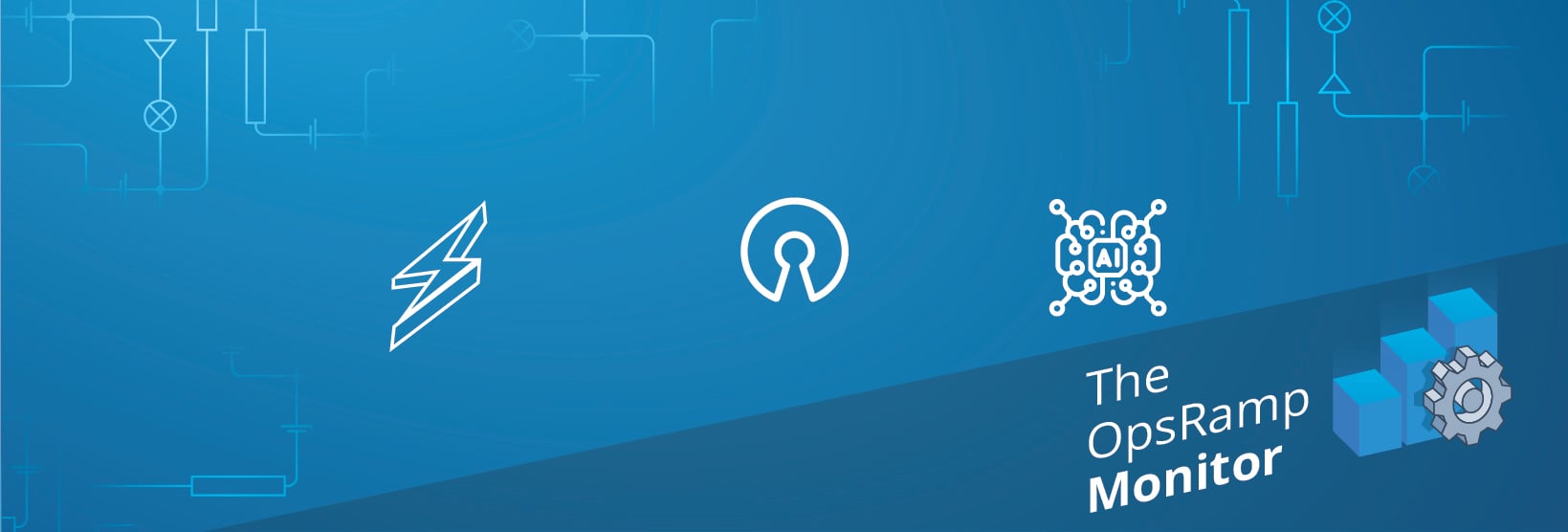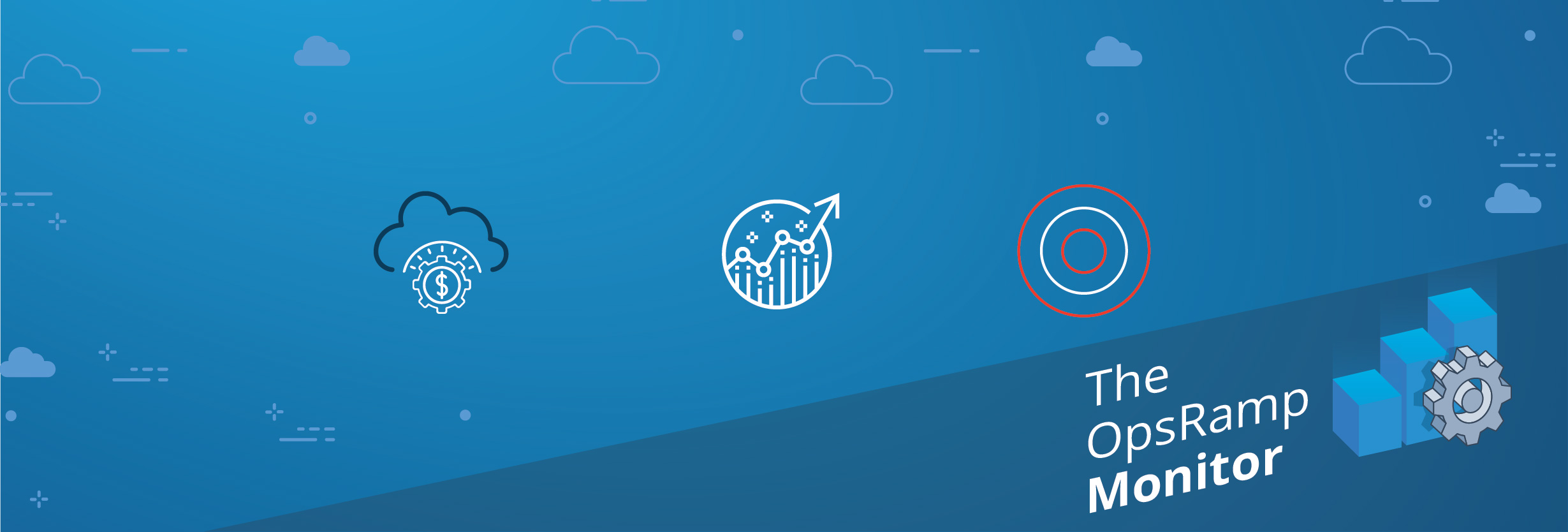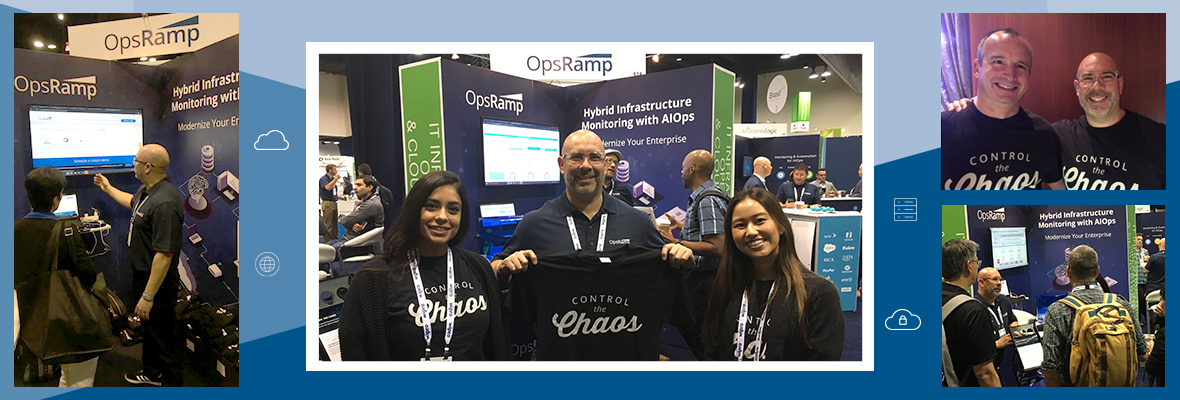DevOps is an exciting new paradigm that brings agility to IT organizations. By applying agile principles to IT Operations management, DevOps enables the latest application features to be continuously rolled out to production.
In a DevOps environment, enterprises need a framework to monitor and manage elements across their hybrid IT infrastructure. Traditional IT operations tools can’t deliver the required visibility because they start with the following assumptions - your infrastructure is on-premise, behind a secure firewall, and an in-house asset. These assumptions have changed with the advent of cloud computing and enterprises are using a combination of private clouds, public clouds and internal datacenters.
Here are IT operations best practices for optimal DevOps enablement:
- Single pane of glass for shared visibility – It is critical to have one source of truth about the state of IT resources that software developers and IT operations professionals utilize. Performance, availability and health metrics before and after releases should be used to enhance coordination and reduce bottlenecks.
- Responsive monitoring capabilities for any IT element – In a DevOps environment, IT elements are constantly evolving and enterprises must come up with new ways to monitor these dynamic infrastructures. Breadth and depth to monitor physical and virtual elements throughout the IT stack and templates to accelerate the on-boarding of new elements is key for rapid and reliable visibility.
- Robust alerts to speed resolution – Enterprises adopt DevOps to bring customer-centric solutions to market faster. DevOps teams need to focus their time and energy on building and enhancing applications instead of reacting to problems. Unified alert management capabilities make it easier to identify root causes of issues across hybrid clouds for faster problem resolution.
- Application performance management for rapid change – Application updates are deployed more quickly and patches are released rapidly in a DevOps environment. IT teams need to correlate application performance changes with key events to keep pace with a continuously changing environment. These changes include code changes, configuration changes, infrastructure changes that line up with application performance for every update.
OpsRamp can provide the IT operations lifecycle management framework to enable the continuous innovation that enterprises gain from DevOps. Contact OpsRamp today for DevOps enablement that will drive tighter collaboration and better business outcomes.





